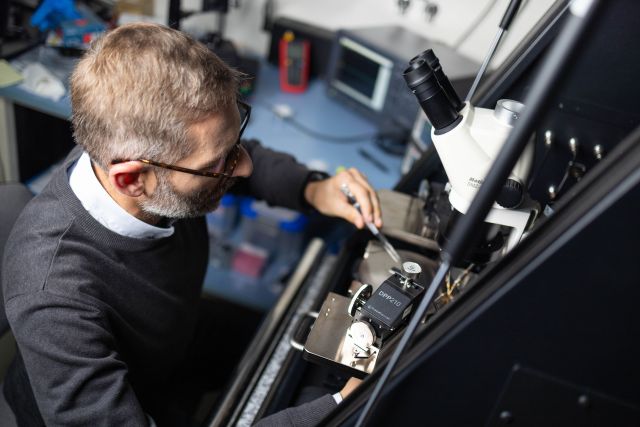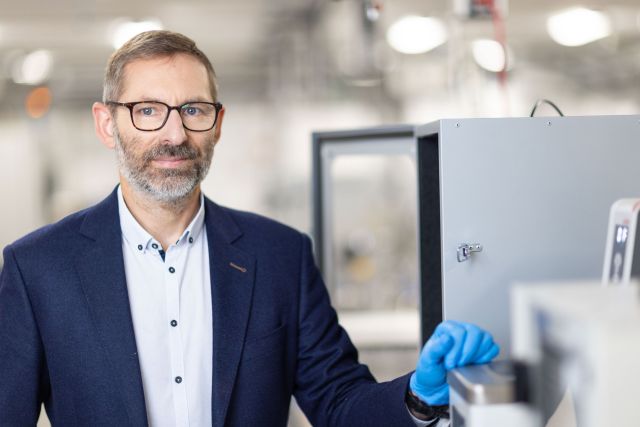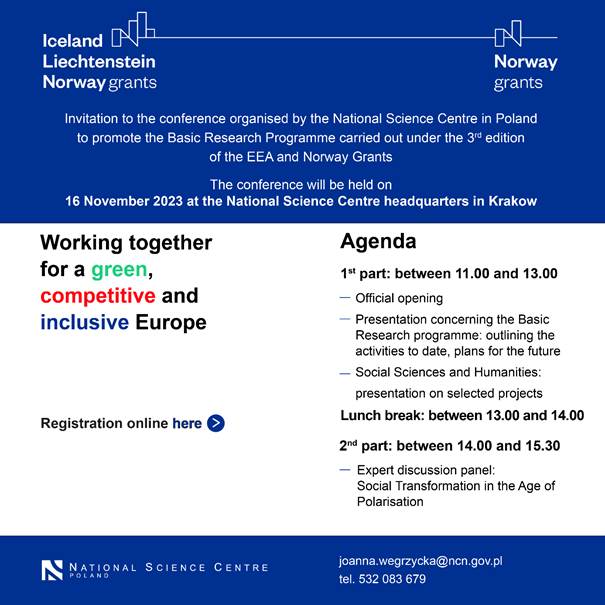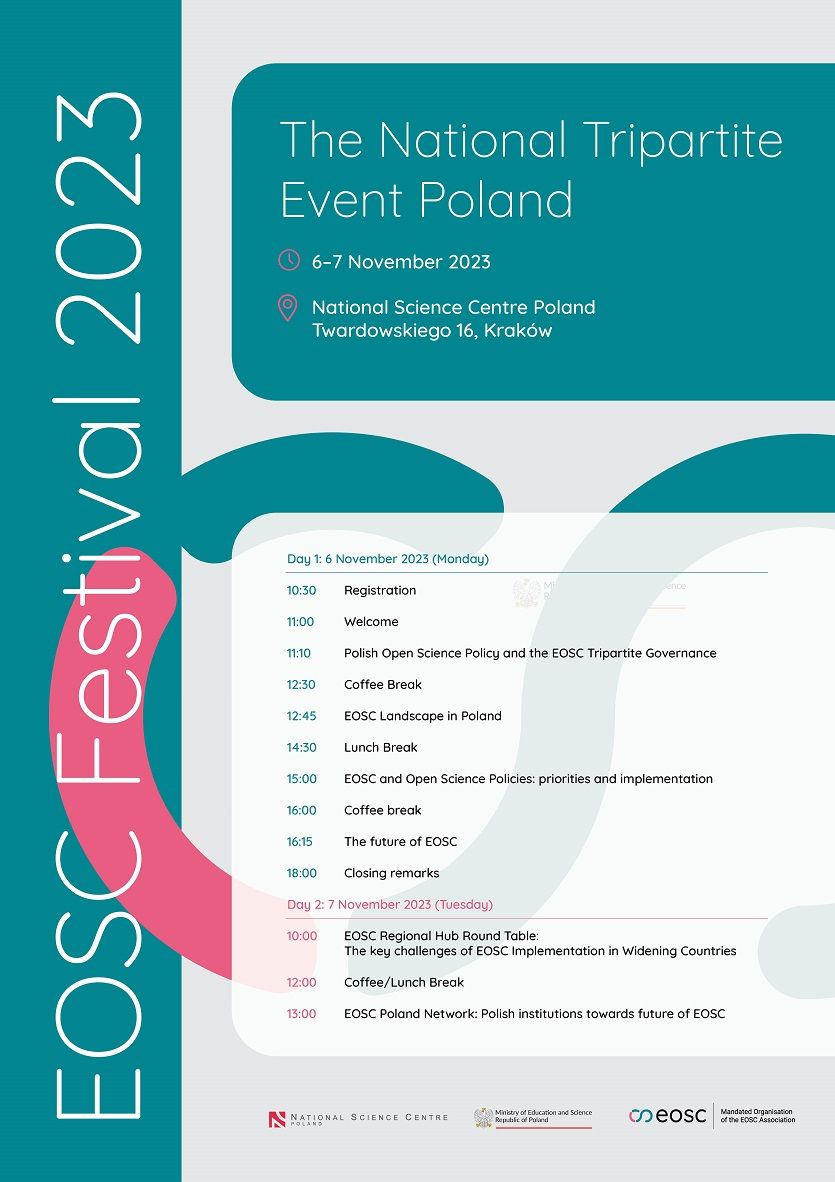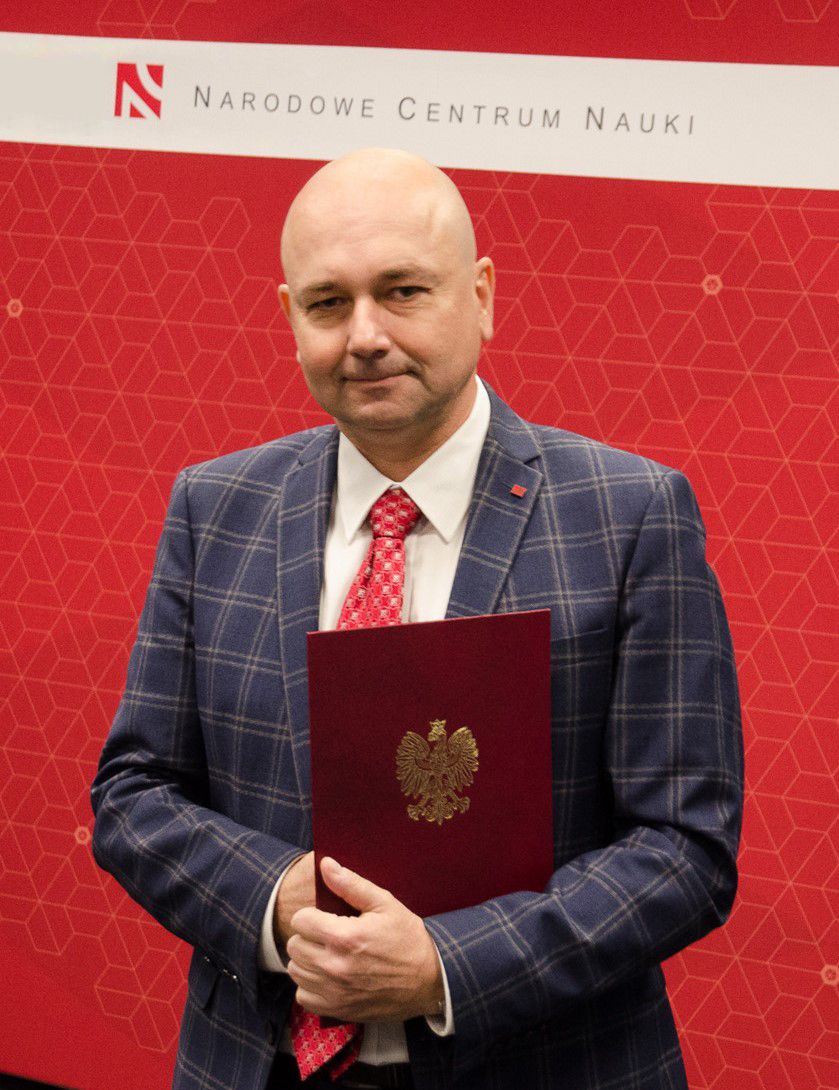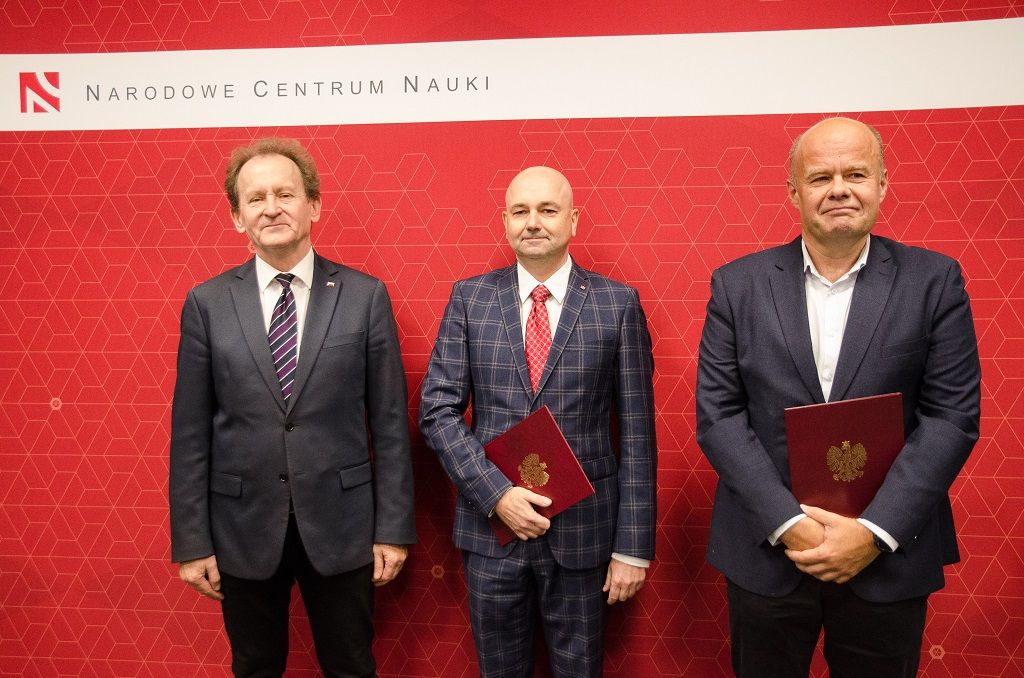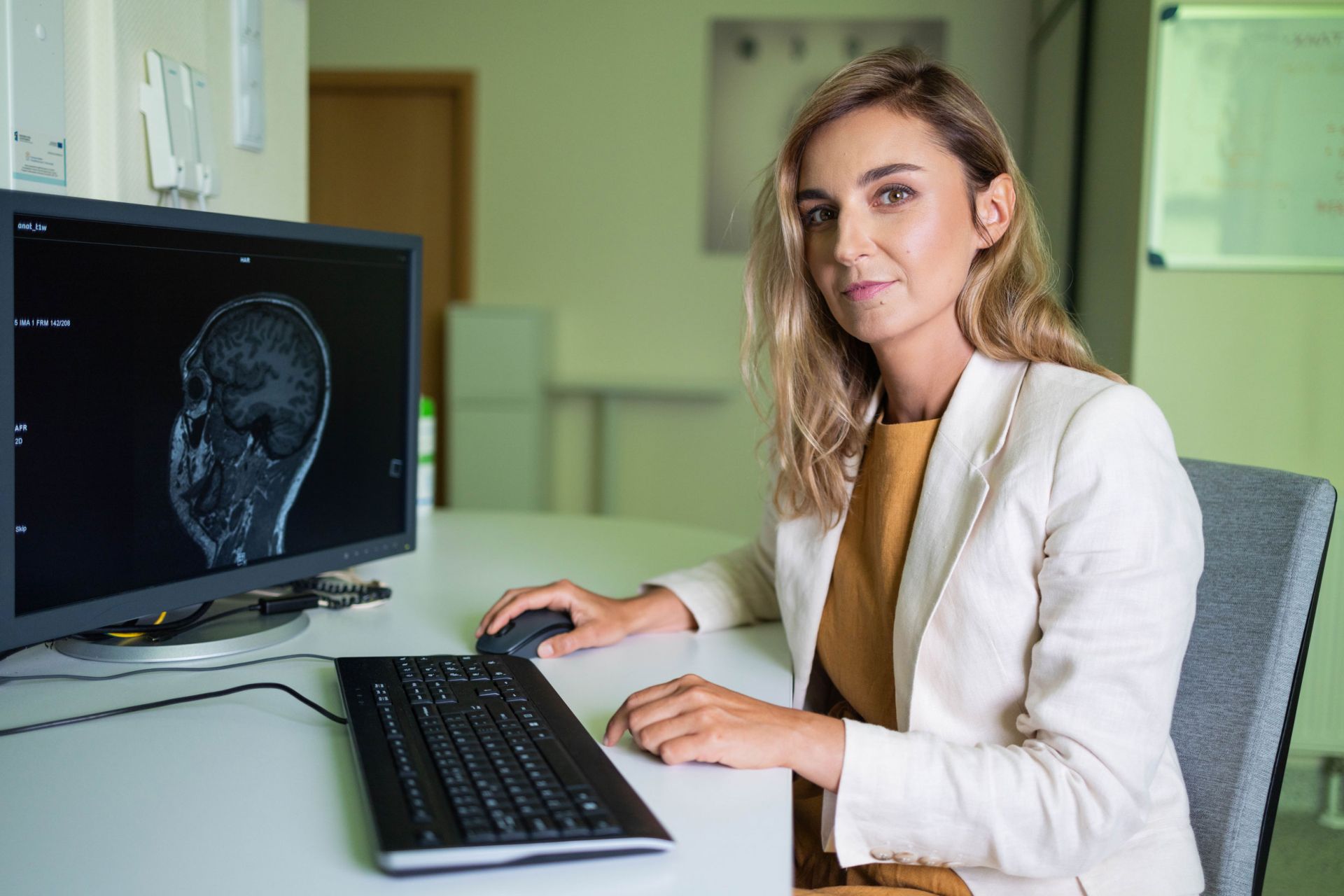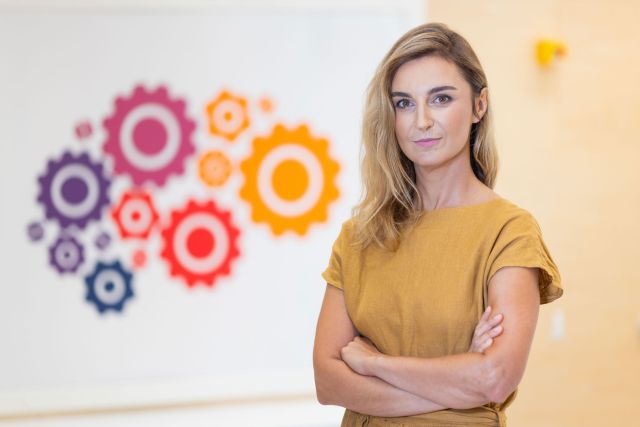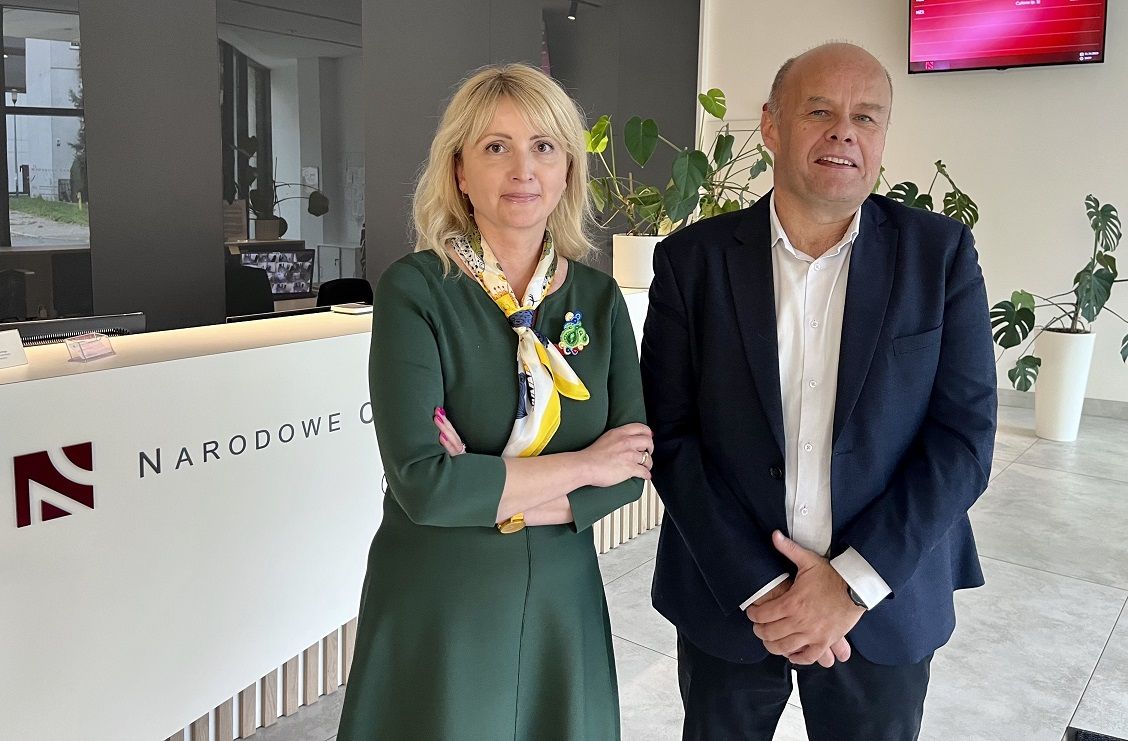Online lectures by winners of 2023 NCN Award
Karolina Ćwiek-Rogalska, Łukasz Opaliński and Katharina Boguslawski will deliver lectures in the “Science at the Centre” series launched by the Copernicus Centre and the National Science Centre. The first meeting will be held on 14 November.
The first “Science at the Centre” lectures were delivered by the 2020 NCN Award winners. Together with the Copernicus Centre for Interdisciplinary Studies, we have already hosted nine meetings which had over 246 thousand viewings.
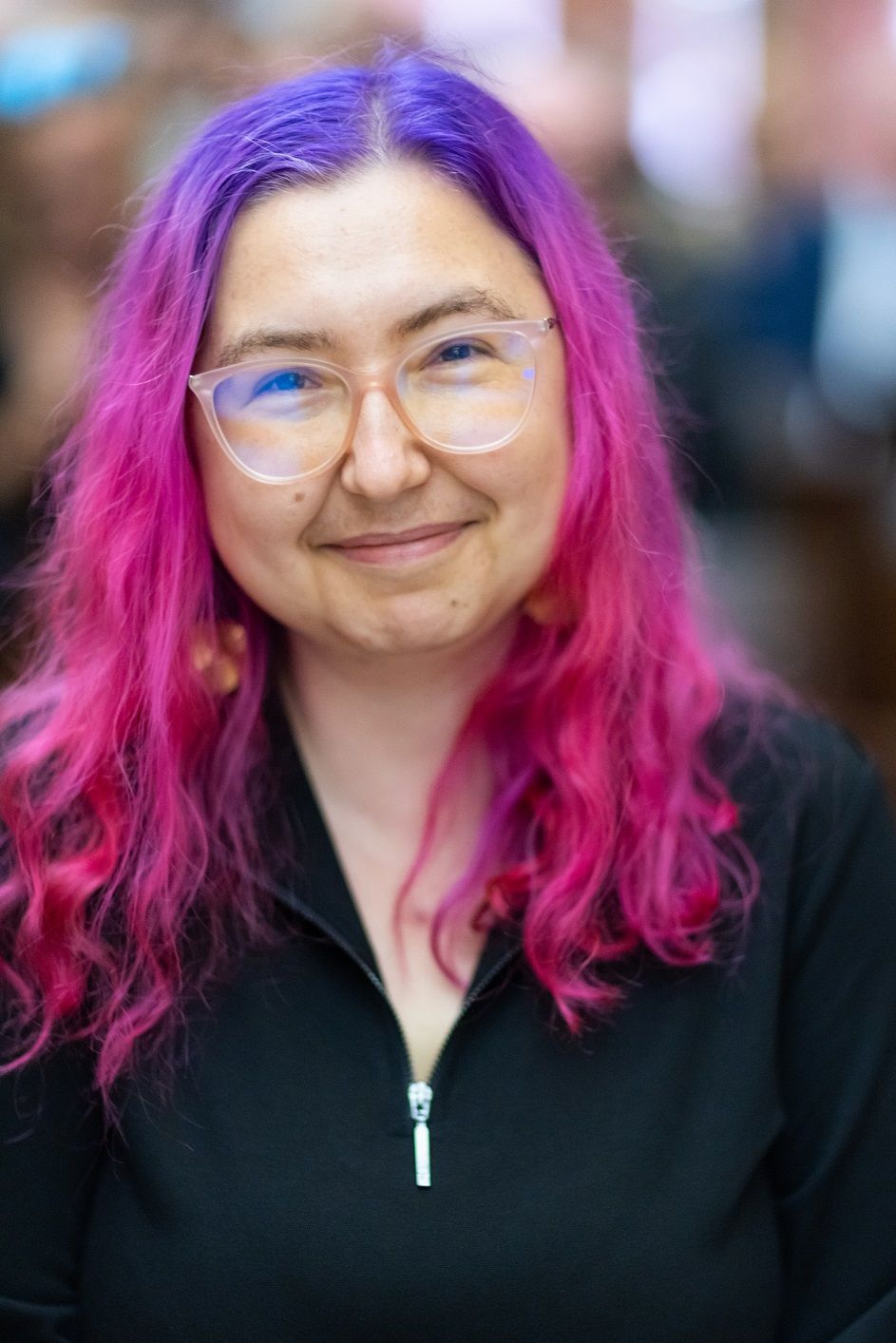 The first lecture this year will be delivered by Karolina Ćwiek-Rogalska, 2023 NCN Award winner in Arts, Humanities and Social Sciences. She specialises in cultural studies, Czech studies and ethnology at the Institute of Slavic Studies, Polish Academy of Sciences. Her lecture is entitled: “Things acting as “ghosts”. Displacements and emergence of new cultures in Central Europe”.
The first lecture this year will be delivered by Karolina Ćwiek-Rogalska, 2023 NCN Award winner in Arts, Humanities and Social Sciences. She specialises in cultural studies, Czech studies and ethnology at the Institute of Slavic Studies, Polish Academy of Sciences. Her lecture is entitled: “Things acting as “ghosts”. Displacements and emergence of new cultures in Central Europe”.
This is how she announces her talk:
“We often think about ghosts as the spirits of the dead haunting the living. But what if we understood them as material remains, bringing to light overlooked past and enabling us to grasp the experience of the otherness? I propose such an approach in research on the effects of displacement associated with the end of WWII when territories previously inhabited by German and German-speaking communities were forced to migrate from today’s Poland, Czechia and Slovakia, and replaced by new inhabitants. What was the settlers’ experiences with things and spaces the previous inhabitants had left behind? How was it remembered and how does it live on in the memory of the next generations? I will answer these questions using the research tools of cultural anthropology (in particular, participant observations and field interviews) and archive material analysis, and will discuss the new cultures of Poland’s “Recovered Territories” and Czech "pohraničí.”
The lecture will be streamed online on the YouTube Channel of the Copernicus Center, on 14 November at 6 p.m. and will be followed by a discussion. Participants are welcome to ask questions.
The next lecture will be delivered on 28 November by Prof. Łukasz Opaliński, 2023 NCN Award winner in Life Sciences and the last lecture will be given by Prof. Katharina Boguslawski, 2023 NCN Award winner in Physical Sciences and Engineering.
More information:
NCN podcast on NCN Award, featuring K. Ćwiek-Rogalskiej and Prof. Joanna Golińska-Pilarek, NCN Council member.

